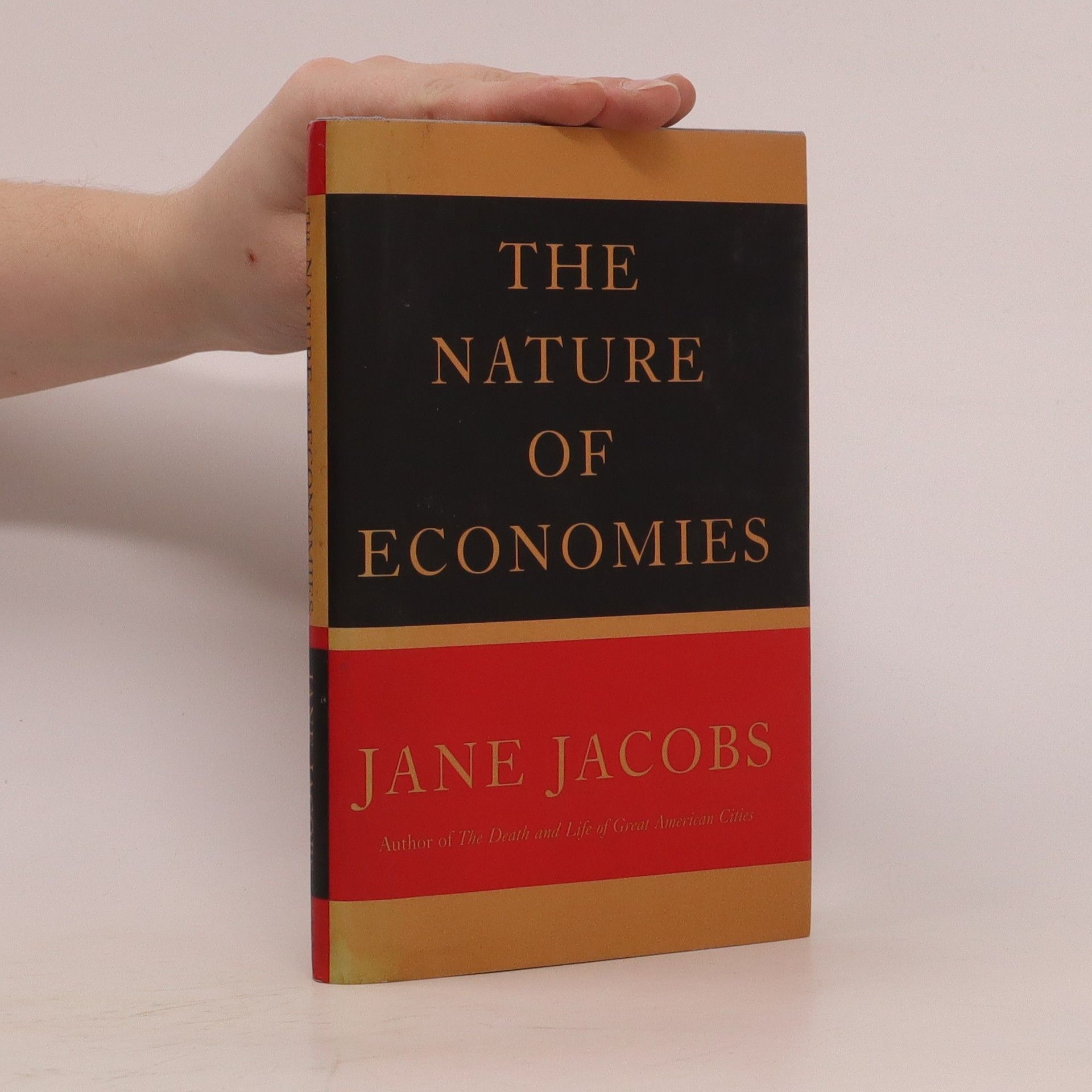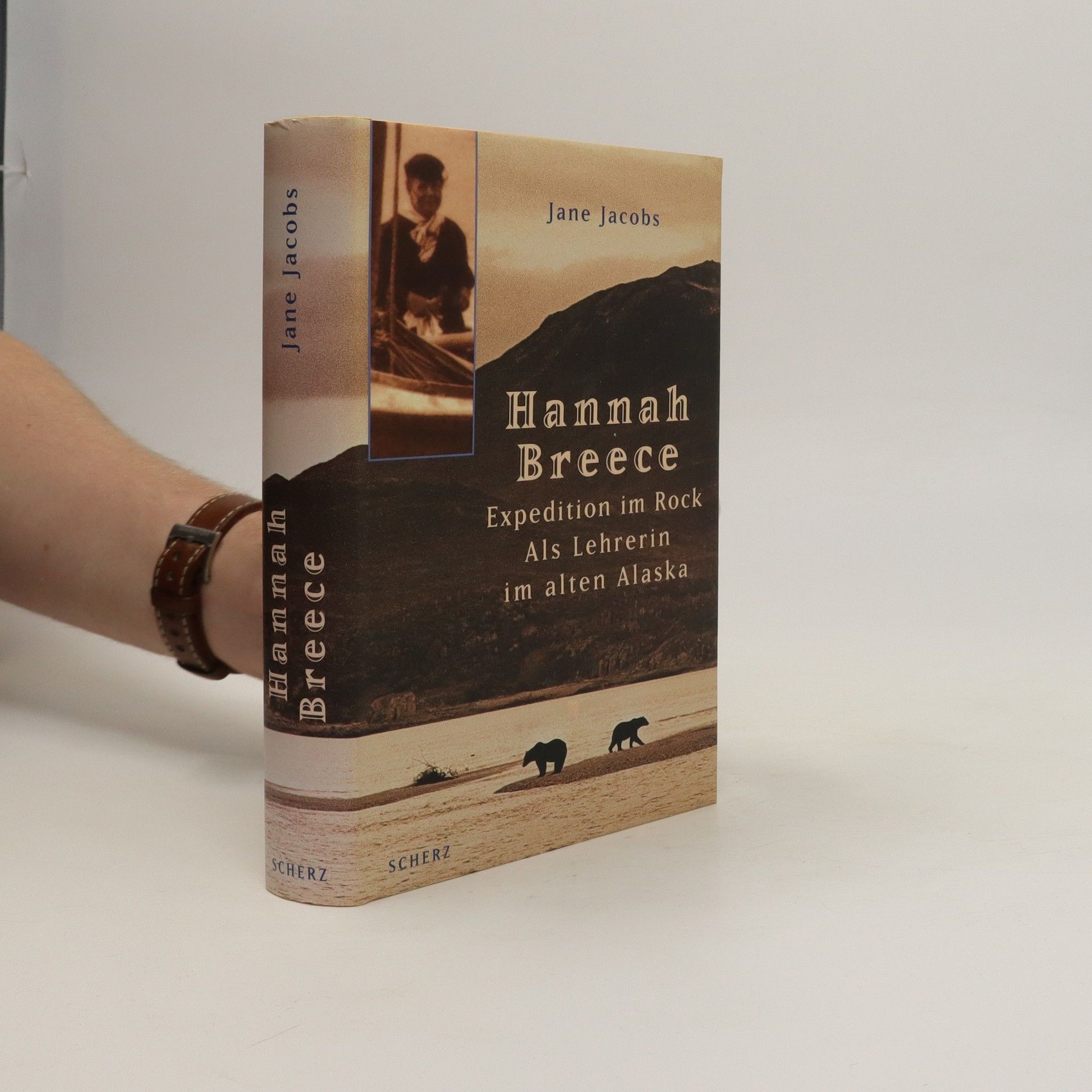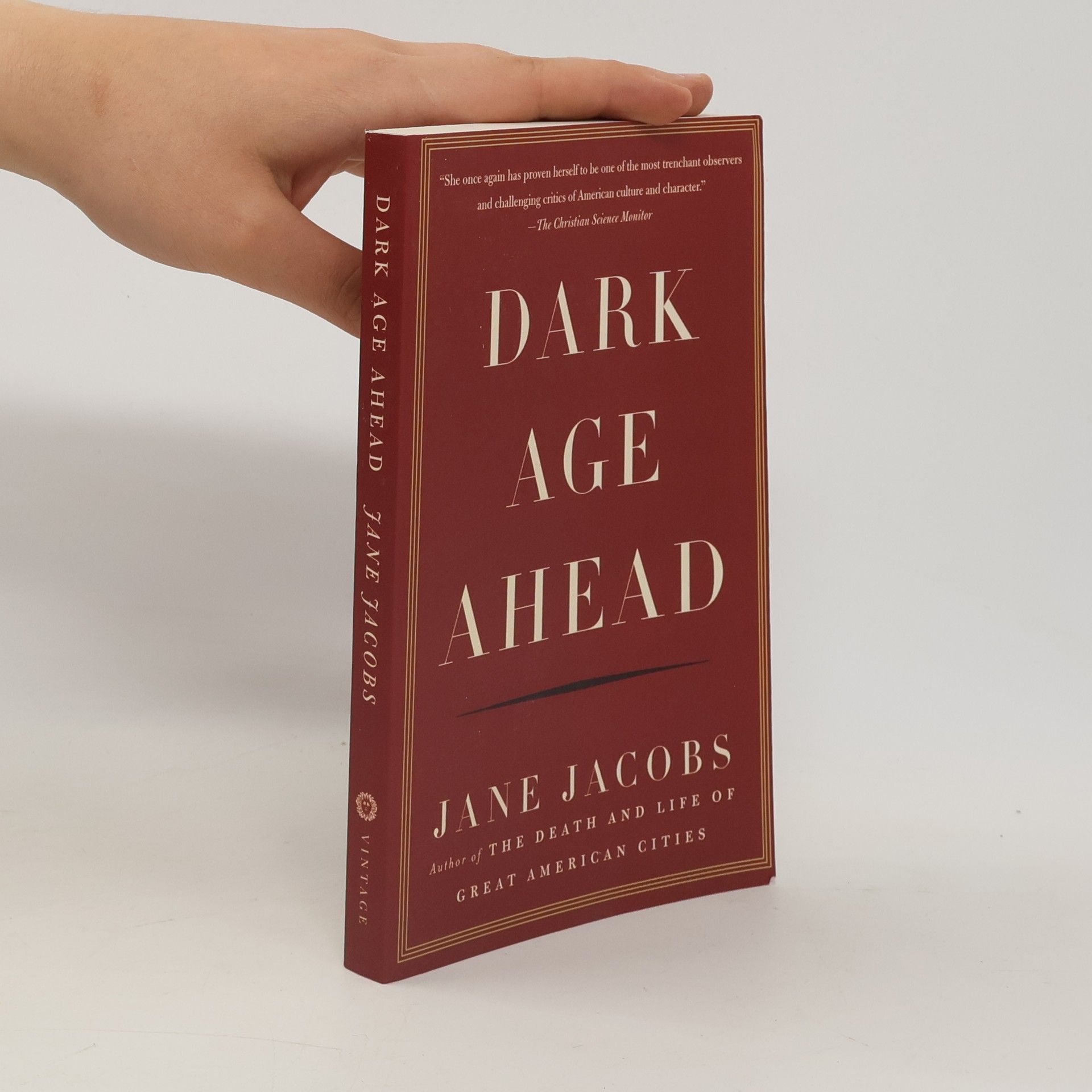In The Death and Life of Great American Cities durchleuchtet Jane Jacobs 1961 die fragwurdigen Methoden der Stadtplanung und Stadtsanierung in Amerika, der "New Yorker" nannte es das unkonventionellste und provozierendste Buch uber Stadtebau seit langem. Die deutsche Ausgabe wurde schnell auch im deutschsprachigem Raum zu einer viel gelesenen und diskutierten Lekture. Sie ist jetzt wieder in einem Nachdruck zuganglich, mit einem Vorwort von Gerd Albers (1993), das nach der Aktualitat dieser Streitschrift fragt. "
Jane Jacobs Bücher
Jane Jacobs war eine amerikanisch-kanadische Schriftstellerin und Aktivistin, die sich hauptsächlich mit Gemeinschaften, Stadtplanung und dem Verfall von Städten beschäftigte. Ihr bekanntestes Werk ist eine eindringliche Kritik an den Stadtentwicklungspolitiken der Mitte des 20. Jahrhunderts, die nicht nur die Planung, sondern auch den Zeitgeist beeinflusste. Neben ihren literarischen Beiträgen war Jacobs auch für die Organisation von Basisbewegungen bekannt, die städtische Erneuerungsprojekte blockierten, die lokale Viertel zu zerstören drohten. Sie war maßgeblich an der Verhinderung großer Autobahnprojekte beteiligt und prägte damit maßgeblich die Debatte über Stadtentwicklung.







The Economy of Cities
- 268 Seiten
- 10 Lesestunden
The thesis of this book is that cities are the primary drivers of economic development. Her main argument is that explosive economic growth derives from urban import replacement. Import replacement occurs when a city begins to locally produce goods that it formerly imported, e.g., Tokyo bicycle factories replacing Tokyo bicycle importers in the 1800s. Jacobs claims that import replacement builds up local infrastructure, skills, and production. Jacobs also claims that the increased production is subsequently exported to other cities, giving those other cities a new opportunity to engage in import replacement, thus producing a positive cycle of growth.In the foremost chapter of the book, Jacobs argues that cities preceded agriculture. She argues that in cities trade in wild animals and grains allowed for the initial division of labor necessary for the discovery of husbandry and agriculture; these discoveries then moved out of the city due to land competition.*from Wikpedia
Jane Jacobs: The Last Interview
- 128 Seiten
- 5 Lesestunden
“Jane Jacobs is the kind of writer who produces in her readers such changed ways of looking at the world that she becomes an oracle, or final authority.” —The New York SunHailed by the New York Times Book Review as “perhaps the single most influential work in the history of town planning,” Jane Jacobs’s The Death and Life of Great American Cities was instantly recognized as a masterpiece upon its publication in 1961. In the decades that followed, Jacobs remained a brilliant and revered commentator on architecture, urban life, and economics until her death in 2006. These interviews capture Jacobs at her very best and are an essential reminder of why Jacobs was—and remains—unrivaled in her analyses and her ability to cut through cant and received wisdom.
"Nearly forty years after The Death and Life of Great American Cities changed the field of urban studies, Jane Jacobs brings us a modern classic on economies and ecology. This new book looks at the connection between the economy and nature, arguing that the principles of development, common to both systems, are the proper subject of economic study." "The Nature of Economics is written in the form of a Platonic dialogue, a conversation over coffee among five contemporary New Yorkers. The question they discuss is: Does economic life obey the same rules as those governing the systems in nature? For example, can the way fields and forests maximize their intakes and uses of sunlight teach us something about how economies expand wealth and jobs and can do this in environmentally beneficial ways? The underlying question is both simple and profound, and the answers that emerge will shape the way people think about how economies really work."--Jacket
In this indispensable book, urban visionary Jane Jacobs argues that as agrarianism gives way to a technology-based future, we’re at risk of cultural collapse. Jacobs—renowned author of The Death and Life of Great American Cities and The Economy of Cities —pinpoints five pillars of our culture that are in serious community and family; higher education; the effective practice of science; taxation, and government; and the self-regulation of the learned professions. The corrosion of these pillars, Jacobs argues, is linked to societal ills such as environmental crisis, racism, and the growing gulf between rich and poor.But this is a hopeful book as well as a warning. Drawing on a vast frame of reference—from fifteenth-century Chinese shipbuilding to Ireland’s cultural rebirth—Jacobs suggests how the cycles of decay can be arrested and our way of life renewed. Invigorating and accessible, Dark Age Ahead is not only the crowning achievement of Jane Jacobs’ career, but one of the most important works of our time.
V této knize rozvíjí Jane Jacobs myšlenku města jakožto hlavního hybatele pokroku a motoru rozvoje. Zavrhuje stagnaci, propaguje vynalézavost, inovace a dokonce i improvizaci jako lék na ekonomické problémy. Město je podle ní místo, které rozmanitost a proměnlivost podporuje, a kde vzájemně propletené vazby a aktivity vedou ke vzniku podniků, které na tuto proměnlivost reagují a vytvářejí ekonomický systém. Autorka tak bourá vžité představy o národním státu jakožto hlavním hráči na poli světového hospodářství. Tato kniha představuje pro ekonomii totéž, co pro moderní rozvoj měst znamená autorčino nejznámější dílo Smrt a život amerických velkoměst.

